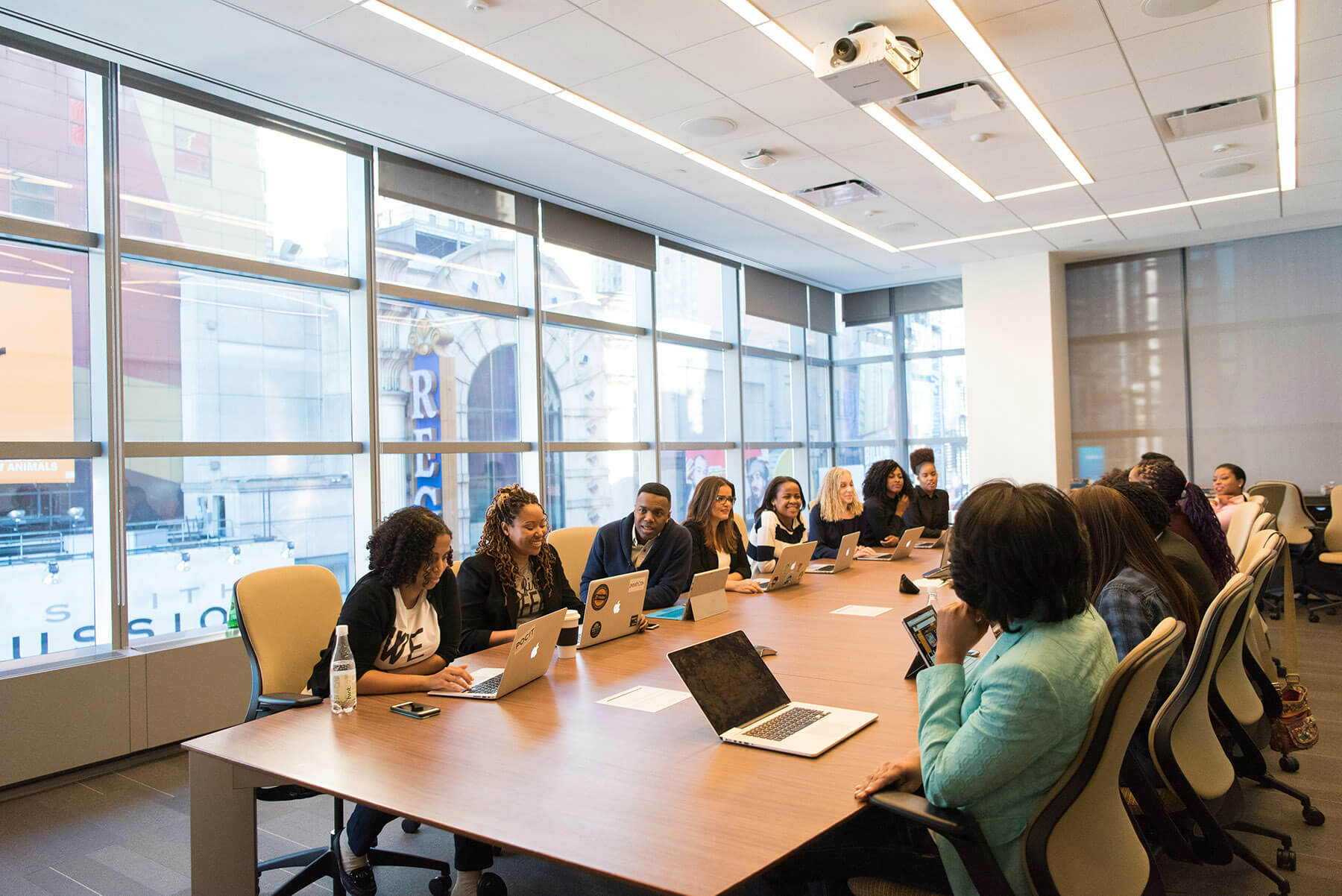IA Insights > Blog
What Mr. Rogers Taught Us About Effective Leadership
What Mr. Rogers Taught Us About Effective Leadership
When you think of “Mr. Roger’s Neighborhood,” do you soften and perhaps smile a bit? Us, too. If you haven’t seen the Mr. Rogers movie or documentary, they are both wonderful reminders of what a special person Fred Rogers was, and his everlasting message of kindness. He was a hero to many.
Mr. Rogers had a magical way of speaking clearly and plainly about difficult issues. He always listened – even when the speaker was on the other side of a television screen. He was the opposite of cynical. The goal of his life’s work was to provide a children’s television program that encourages respect, compassion, kindness, integrity, and humility. His work embodies human possibility. And, he viewed many of his daily rituals as important elements to his kindness practice.
So much of what Mr. Rogers taught us as children applies to us as working professionals. Considering the show ran from 1968-2001, it’s safe to say he had a lasting impact on so many of today’s leaders, across multiple generations.
At Interaction Associates, we share many of the same values Mr. Rogers taught for so many years. In fact, his show began airing only one year before we opened our doors. His values such as compassion, kindness, and respect have commonalities in the team collaboration skills and leadership models we’ve been teaching for 50 years.
At the center of everything, we teach The Interaction Method, which is a facilitated approach to collaborative problem solving so people can build agreements and take informed, concerted action on what matters most.
Thanks to The Interaction Method, millions of leaders across the globe are able to take these values we (and Mr. Rogers) hold dearly and effectively collaborate and lead their teams.
If we think back to the teachings of Mr. Rogers and relate it to the ideal leadership role, which coincides with The Interaction Method, you’ll find that leaders should:
- Create a sense of belonging. Remember the song, “It’s You I Like?” Mr. Rogers wanted all children to feel like they belonged in his neighborhood. He believed that every person brings something special to the world and he had the patience to appreciate every worldview he encountered. We teach leaders how to engage all members of a group, leverage individual talents, and evoke a sense of shared responsibility for getting work done. Everyone feels important and knows that their talents are appreciated.
- Make everyone feel capable. Mr. Rogers often asked people (often very sick or physically weak people) to pray for him. People who had only been recipients of help were given the opportunity to deliver help to someone in need. It was empowering. Our graduates know how to consider the specific gift of the people they are working with, and ask for the kind of help that each person is suited to deliver.
- Make everyone feel like a valuable member of a team. When Fred Rogers accepted a Lifetime
Achievement Award at the 24th Annual Daytime Emmy Awards – watch his speech, here, with tissues – he said,
“All of us have special ones who have loved us into being. Would you just take, along with me, ten seconds to think of the people who have helped you become who you are….Ten seconds of silence.”
And then he offered to watch the time. By serving as timekeeper, he allowed the audience to focus on the “ask.” He was also able to think of the people who helped him, who he named at the end of the ten seconds. Everyone listening felt valuable. They felt empowered to take just ten seconds to think about their team – about the people who have helped them along the way. We wonder if anyone followed up with phone calls to those important people.
Our graduates know how to listen. They know how to make their colleagues feel valued, and how to encourage collaboration. We think Mr. Rogers would be proud of our work, and even prouder of our participants – for the people who put in the work are the true heroes of our company.

About Barry Rosen
The CEO of Interaction Associates, Barry consults with company leaders on how to empower people and teams to work across functions and other boundaries to get important things done. He leads the assembly of IA's collaboration tools and learning content, including programs on facilitative leadership, inclusive teams, and task-focused group facilitation.





